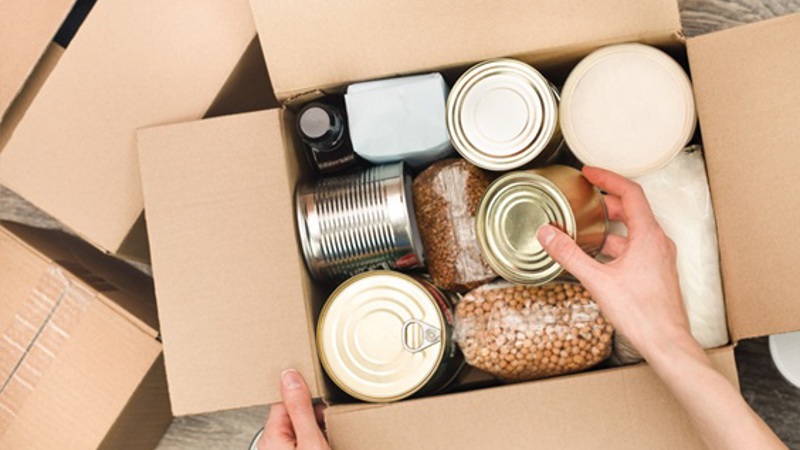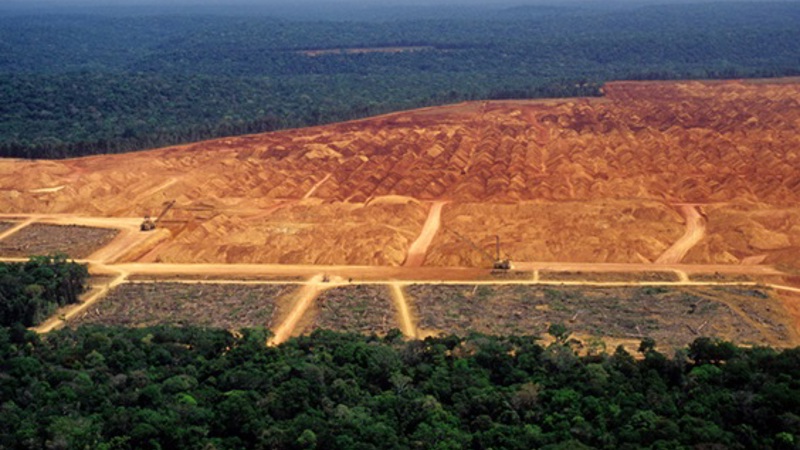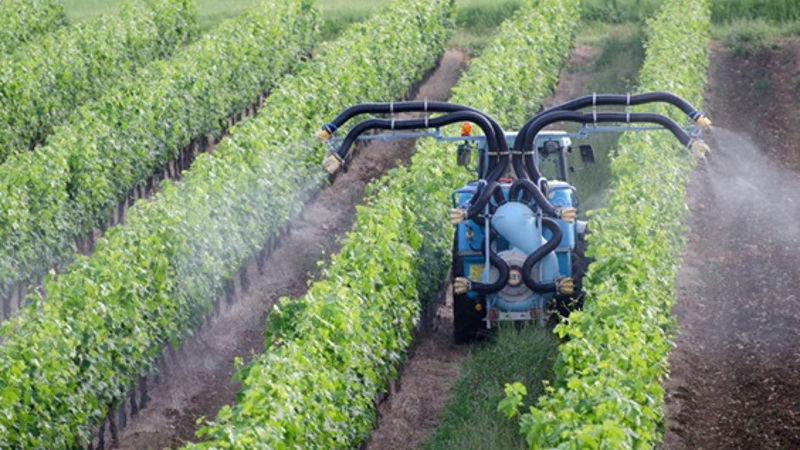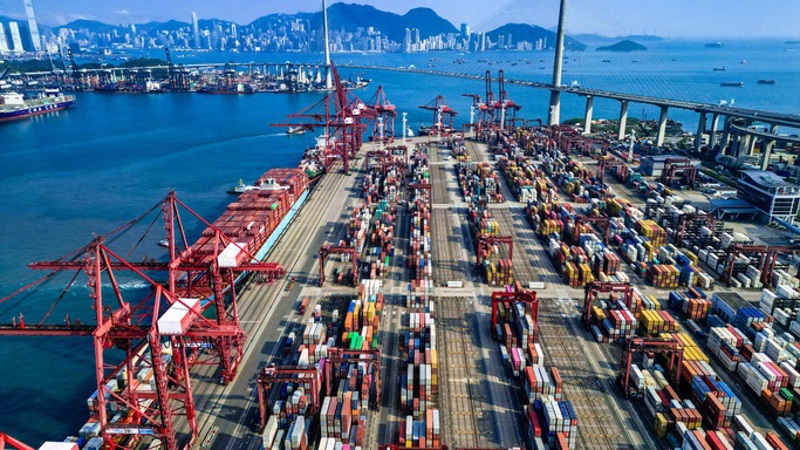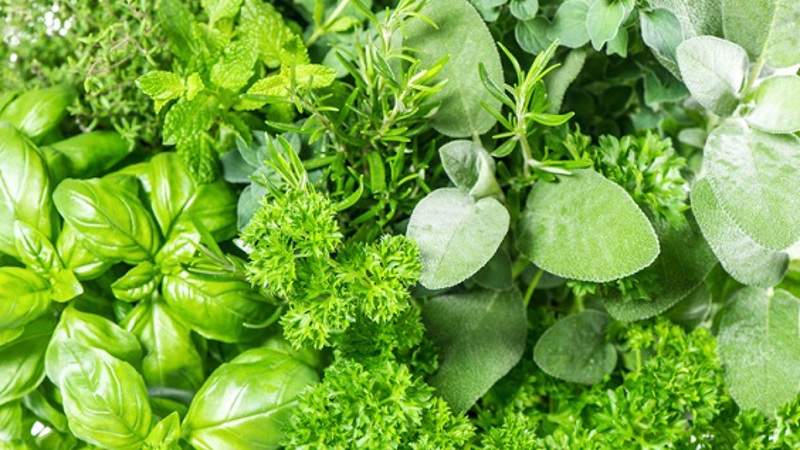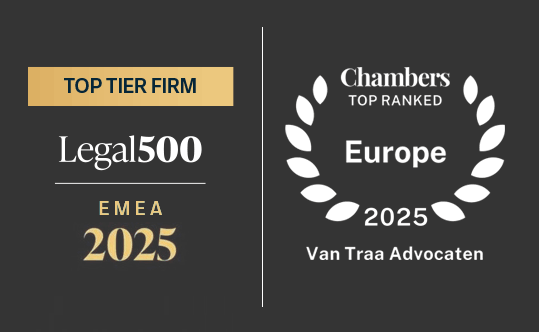Non-EU trade and export of foodstuffs - Do European food safety regulations apply?
October 2021
The authorities are increasingly sanctioning Dutch companies for non-compliance with European food safety regulations for trade in and export of foodstuffs.. Dutch companies are therefore addressing these topics more and more in their international contracts. But are European food safety regulations fully applicable to all trade and exports?
Trade and exports by Dutch companies are not limited to European parties and geographical borders. For example, a company trades commodities (for example meat or grains) online from a Dutch office; the products are bought from a company in New Zealand by order of a third party and shipped to a customer in Nigeria. Or the company produces foodstuffs in a factory in the Netherlands for export to the Ukraine, China or Canada. The question that arises increasingly is whether these companies and these products must comply with European food safety regulations. Are these products allowed to exceed the Maximum Residue Levels (MRLs)? Do the labels have to comply with the European regulations? The answer is not simply yes or no. Here are a few important starting points.
Regulation 178/2002
European regulations, including the General Food Safety Regulation (EU) 178/2002, have direct effect in the Netherlands. Article 1 (3) of Regulation (EU) 178/2002 further defines the scope of application: "This Regulation shall apply to all stages of production, processing and distribution of food and feed. [...]." This underlined concept is considerably broader than in common parlance and includes: "all stages, including importation, from and including the primary production of a food up to and including its storage, transport, sale or supply to the final consumer and, where applicable, the importation, production, manufacture, storage, transport, distribution, sale and supply of feed." Thus, given this broad application and definition, the Regulation applies to all sales or supply activities of a Dutch food company, including to customers outside Europe.
Specific rules
The fact that Regulation (EU) 178/2002 applies to sales and delivery activities of Dutch companies outside the EU does not mean, however, that all specific rules referred to therein also apply. To this end it is necessary to look at the exact text of the rules and standards of Regulation 178/2002 and at the players to whom these rules apply (so-called addressee of the standards, see below) as not all rules apply to all players.
Addressee of standards
Most standards of Regulation (EU) 178/2002 apply to a "food business operator", which is the natural or legal person responsible for ensuring that the requirements of food law are met within the food business under his control. A "food business" is then an undertaking, whether for profit or not, carrying out "any of the activities related to any stage of production, processing and distribution of food", the latter being again defined broadly.
Which rules exactly apply to a food business operator must be determined from the text of the rules/standards themselves. Below are the most important rules from Regulation (EU) 178/2002 which do apply - even if the company trades outside the European borders:
1. Duty of care
Pursuant to Article 17 of Regulation 178/2002 food and feed business operators have a general duty of care which is as follows: "Food and feed business operators at all stages of production, processing and distribution within the businesses under their control shall ensure that foods or feeds satisfy the requirements of food law which are relevant to their activities and shall verify that such requirements are met."
This duty of care is relevant because, based on this rule, it is thus prescribed that a Dutch feed business operator has an active duty to verify compliance with legal requirements, including import, trade and export rules in the businesses under their management.
2. Traceability
Pursuant to Article 18(1) of Regulation 178/2002, all food, feed, food-producing animals, and any other substance intended to be, or expected to be, incorporated into a food or feed shall be traceable at all stages of production, processing and distribution.
Again, food and feed business operators in the Netherlands must be able to trace all of their products. This standard is important because food business operators buying or reselling their products internationally are also required to trace their products one step back and one step forward in the chain.
3. Placing on the market
Under Article 14 of Regulation 178/2002, food shall not be placed on the market if it is unsafe. "Placing on the market" here means: "the holding of food or feed for the purpose of sale, including offering for sale, or any other form of transfer, whether free of charge or not, and the actual sale, distribution and other forms of transfer themselves;".
The exact interpretation and application of this standard is subject to debate. For example, opinions may differ as to whether this standard already applies at the time when the goods are not yet cleared in a custom bonded warehouse, or when the company has the goods in stock with a view to export outside the EU. It is important to realise that even 'having' the goods at hand qualifies as 'placing on the market'. It is therefore advisable to make clear which goods a company has on hand for non-EU export and which goods are for the EU market.
Trade and export of non-compliant goods
Food and feed exported or re-exported from the EU to be placed on the market of a third country shall in principle comply with the applicable requirements of food law, unless otherwise requested by the authorities of the importing country or otherwise provided for in the laws, regulations, standards, codes of practice and any other legislative or administrative measures of the importing country. This is stated in Article 11 of Regulation 178/2002. If at moment of export the product complies with the legislation - in the broadest sense of the word - of the country of destination, it does not have to comply with the European regulations.
In other circumstances (i.e. if there are no explicit provisions in the country of destination), food or feed may only be exported or re-exported from the EU if the competent authorities of the country of destination have expressly agreed thereto. This is not the case when the food is injurious to health.
In view of the duty of care laid down in Article 17 of Regulation 178/2002, I am of the opinion that a food business operator must check whether the activities involving its foodstuffs comply with these foreign regulations if they do not comply with the European ones. This can be done, for example, by asking the foreign receiving party or a local lawyer for a statement, but this is more of a practical effect than a legal obligation.
An interesting question in this context, which remains unanswered, is whether this would also be compulsory if a Dutch food company, only trades online in foodstuffs – so these which have not been produced in the EU and which are not (re-)exported from the EU? In my opinion, this does not follow, at least not clearly, from the European legislation.
Do you want to know more about EU food legislation or would you like to receive advice regarding contractual clauses regarding food or feed legislation? Are you confronted with counterparties that claim certain clauses are required based on EU Food law? Please do not hesitate to contact Silvia Gawronski (gawronski@vantraa.nl) or Marc van Maanen (maanen@vantraa.nl).





